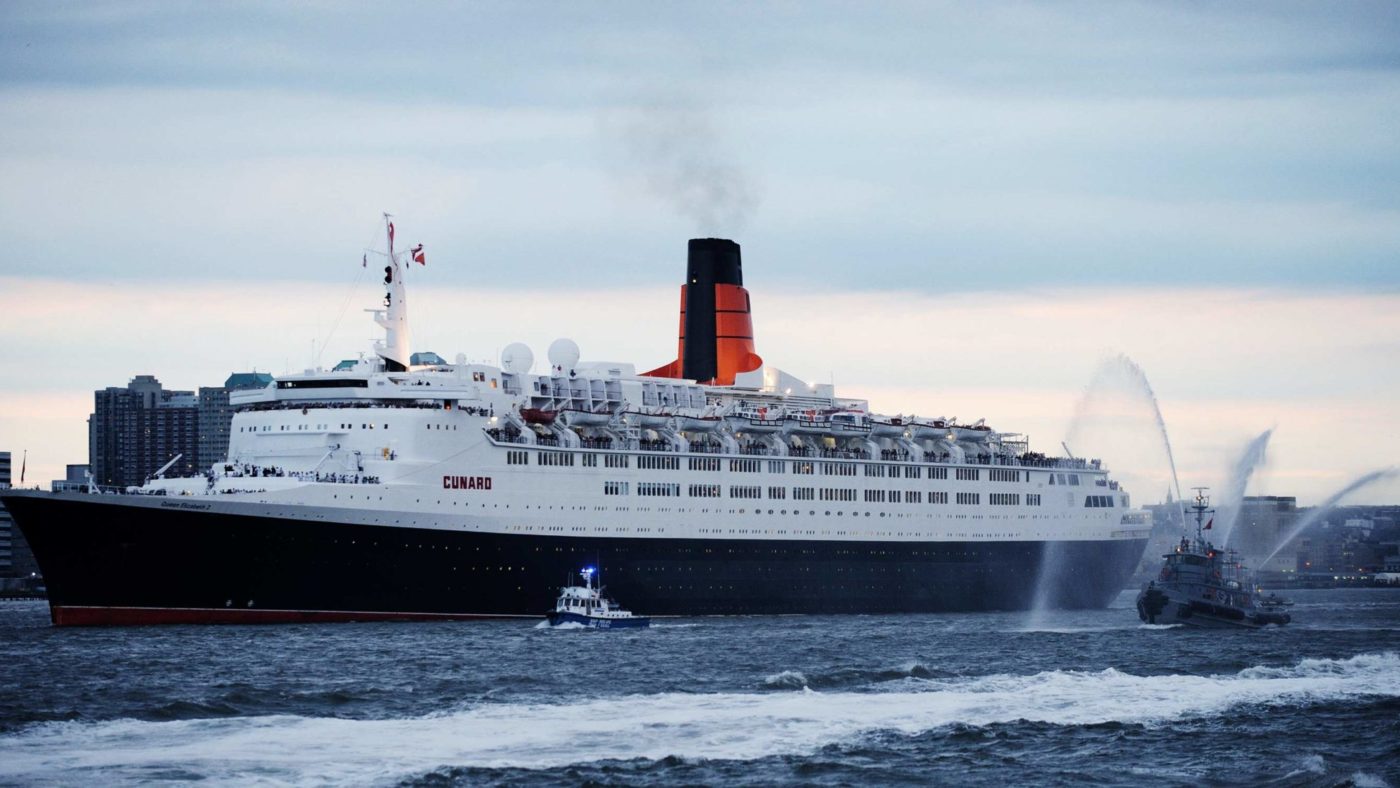The United States and the United Kingdom are, and long have been, two countries divided by sea but united politically, culturally, economically and militarily.
Today we are in New York to ensure a prosperous future by strengthening what Winston Churchill dubbed the “special relationship”. We will do this by affirming our joint commitment to free trade, which is perhaps the point on which our two great countries agree with the greatest strength of conviction. Both the UK and the US have long intuited the value of the free trade of goods and services, and its implications for prosperity, culture and diplomacy.
We trade more with the US than any other country. Every day, a million British nationals go to work for American companies in the UK — and a million Americans go to work for British companies in the US. The UK and the US are the largest investors in each other’s economies, with over $1 trillion invested in total.
We are determined to capitalise on these ties, and welcome the US Trade Representative’s letter to Congress stating that the US intends to negotiate a trade agreement with the UK after we leave the EU. And the UK-US Trade and Investment Working Group, launched last July, has already met four times. The group continues to explore areas in which our two countries can collaborate to promote open markets and free and fair trade around the world, including through an ambitious free trade agreement between our two nations which would deliver significant benefits for businesses and consumers.
The Department for International Trade is also in the final stages of consulting on a potential future free trade agreement and it is important that the public and the UK’s business community all have their say on what it is important to them for our future trade arrangements with the US.
Today, the large delegation of companies travelling to New York include equipment manufacturers, specialists in submarine design, marine consultancies and maritime legal services companies, is proof of our firmly held belief that we have the ability to go out into the world with purpose and confidence post-Brexit. These are first-rate companies representing the strength, depth and history of Britain’s maritime offering. Hill Dickinson, the law firm, represented the Cunard Line after the sinking of the RMS Lusitania, which presaged the United States’ entry into the First World War.
Every company travelling to New York is deeply committed to preserving and improving our trading ties. And, in turn our countries have provided longstanding support to businesses both sides of the Atlantic, helping to create the world’s strongest trading partnerships.
Docked in New York Harbour are the Queen Elizabeth Aircraft Carrier and RMS Queen Mary II. The Queen Elizabeth will play host to the very first Atlantic Forum between the UK and the US today, a historic event in itself which hopes to yield solutions to the maritime challenges of the near future through discussion and debate. But these great ships are also symbols of a relationship that has promoted and brought about free trade over all over the world, lifting millions out of poverty and producing peace and prosperity, social progress, and cultural enrichment.
The Royal Navy to which the Queen Elizabeth belongs has defended, and continues to defend, the sea networks necessary for smooth global trade and the principles we and our American cousins share. Cunard/Carnival, which owns the RMS Queen Mary II, is the only company to be listed on both the New York’s S&P 500 Index and the FTSE 100 in Britain. It is yet another illustration of the uniqueness of our relationship.
As we leave the European Union, “geography” — in other words, our physical distance from the US — has been cited as a potential obstacle when it comes to trade. But our free-thinking democracies are among the most innovative and industrious in the world, and, underpinned by our shared liberal values and continued commitment to the rule of law, we can find a creative solution to almost any challenge.
In the first part of the 19th century, the Black Ball Line became the first transatlantic passenger service, running between Liverpool and New York City, and was held up as an example of how technology could make geography irrelevant. In an increasingly globalised and connected world, and with transformative technologies such as autonomous shipping, advanced materials and big data on the horizon, we are discovering the same thing once again.
A year ago, speaking about the possibility of a free trade deal between the UK and the US, President Trump promised a “powerful” pact that would happen “very, very quickly”, adding that “there are no countries that could possibly be closer than our countries”.
Today, as we discuss cyber security, maritime investment and recognise the hard work of British companies through the Board of Trade Awards, we will continuously emphasise that trade has long been the cornerstone of our relationship, and a promise of peace, prosperity and cultural progress in both countries. It is vital that this continues.


